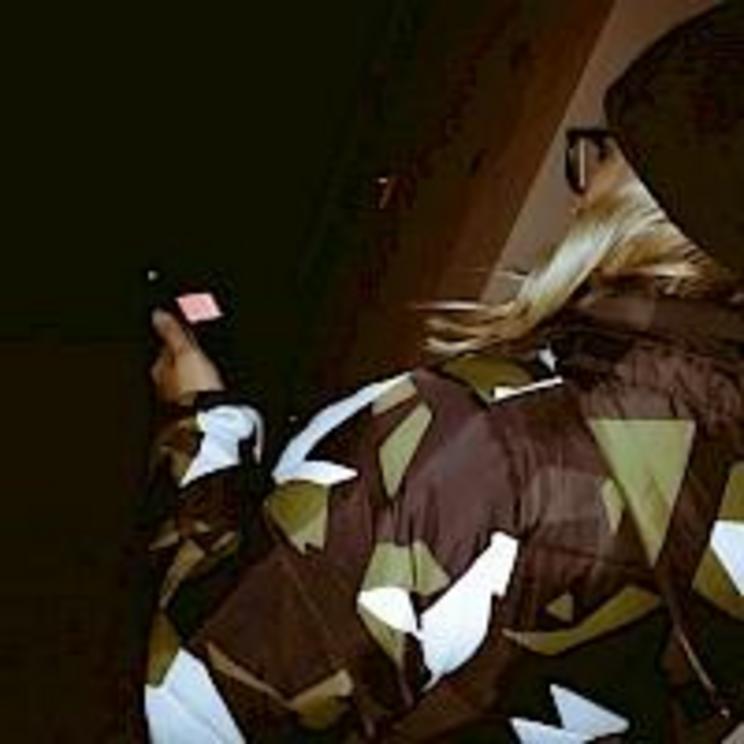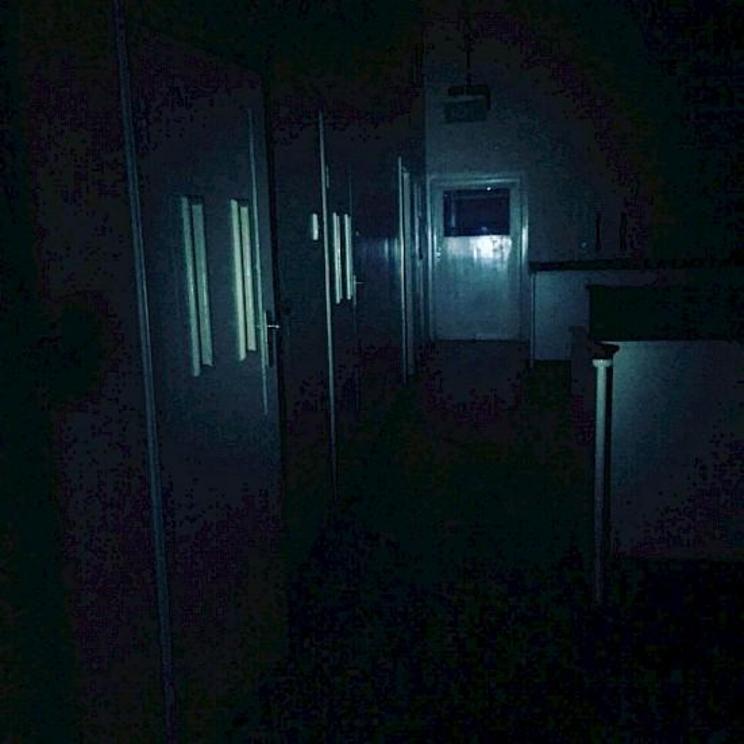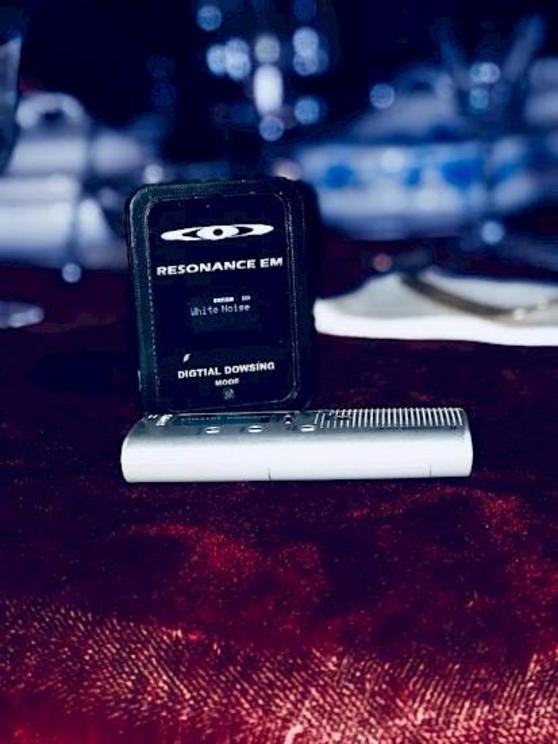Paranormal 'hot spots' and their influence on investigations
When investigating a property or location, an investigator usually asks for the 'Hot Spots'. Why is activity focused to one particular area and does this information influence the way we conduct our investigations? More to the point, should it?

It is a scene typical of a paranormal reality show. We are all guilty of it, I know I certainly am. You are talking with the owner or representative of a property or location and there are a few questions that are typically asked. One of these being 'Where are the hot spots?'. When we ask about the 'hot spots' we are not referring to the temperature of the room (although I do always make a point to find out where the heater is because you know it gets pretty cold in Winter). When a paranormal investigator refers to a 'hot spot' it is them asking to be shown the areas where paranormal activity is most likely to occur based on people's experiences.

Is paranormal activity confined to certain areas of a location?
The answer to this like many questions within the paranormal is simply we don't know for sure. There does always seem to be a certain room in a location that is the 'most intense' or the 'most haunted room' in the location. I will admit in many investigations I have done, there are certain rooms or area that seem to have more going on. If I was to use Black Rock House as an example, I can tell you of the two most active areas and the two areas where pretty much nothing happens at all. Why this is I don't know. Is it that a spirit stays in a certain area or room because it is somehow significant to them? Is it because they can't leave an area? If it is residual energy is it because that is where that energy is focused?
From a skeptical point of view, there could also be some other factors as to why a person believes a certain area is more active than others. Of course we need to consider wiring etc. Is there perhaps a certain room where there might be some old wiring behind the wall and it causes people to feel dizzy, sick or ill and mistaking this to be paranormal. Are there some rooms that naturally feel a lot colder than other rooms? When a person notices that a room temperature is a lot colder than others they may already feel like it is caused by something paranormal. Perhaps a room is a lot darker than others or there are trees nearby a certain window casting shadows. Sometimes just the way a room is decorated can make it feel 'creepy'.
Then there is the power of suggestion. If for example you are attending a ghost tour or a public paranormal investigation, quite often you will be told 'this is one of the most active areas' or 'this is the most haunted room in this house'. While they are saying so from experiences, they have also planted the idea into you head that you are in the most active room of the house. It is very possible that nothing will happen during your time in there, however it is also likely that every sound, shadow or feeling could be misinterpreted as being paranormal simply because you are in 'the most haunted room' of the house. Maybe it is a location you are investigating you have been looking forward to. You have heard all the stories and you are finally getting a chance to experience for yourself. The expectation is there, and it can influence how you interpret things during the night.

Should we be asking about 'hot spots' before an investigation?
The power of suggestion is one of the biggest enemies of a paranormal investigator. We are aware of it, but we are never completely immune to it, (no matter how much we think we are). We know how easily an idea can be planted into our minds. The concepts of 'Hot Spots' is no different. If we are doing a proper paranormal investigation with the intent to collect as much data as possible, should we be asking for the 'hot spots'?
My answer in short would be no. The location should be swept properly in it's entirely with no bias. If you know in advance that a certain area has the most activity, it is possible that you may unknowingly neglect other areas or not pay as much attention as you should to these areas as you are concentrating on the traditionally more active areas. Perhaps in the same way I deal with the idea of researching a location beforehand, maybe the information is best left to only one person on the team. That way at the end of the night, they can potentially validate some of the night's experiences by telling you at the end where the 'hot spots' of a location are and the investigation is not influenced by suggestion.
Sometimes a location is so popular that you automatically know this information before you go in and you can't avoid it. With most locations it is enviable these days and we all know on our bucket list locations what the accounts, stories and supposed 'hot spots' are. It is important when we investigate to make sure that we give equal attention to the other areas in the location as well. Just because it isn't documented to be a 'hot spot' doesn't mean that you can't collect the data. You might actually end up being pleasantly surprised.
Is the area really a 'hot spot' of activity, or do we just think it is?
Sometimes in a location, a certain area may be perceived as a 'hot spot' of paranormal activity, but if you were to actually sit down and log all of the experiences and data collected over an investigation, you may be surprised to find it actually isn't as active as you first thought. Again this is where that power of suggestion comes in. For the longest time at Black Rock House, I was under the impression that the Dining Room was the most active location in the house. When I look back, it was mainly due to the feeling of the room and the 'hype' and stories surrounding it. After actually taking a step back and looking at the regular activity that we were logging in each area, there are actually a couple of areas that surpass it, but aren't as widely talked about. This is why it is important to make sure each area gets equal attention and why logging the data is so important. When it comes time to review your night, the numbers don't lie. They are the recount of your night.
It brings me to the final point which is something I have been touching on and researching a lot more lately and it is the concept again of psychic projection. Is a room the most active room in the house because we make it so? If we know that a room is rumored to be the 'most haunted' room of the house, if we go in with that expectation and you have a group of people focusing on that point when in the room, are they the ones making the activity happen much in the same vein of the Philip experiment? Is our collective thought making it a 'hot spot'?
At the end of the day, we don't know what a haunting is, what a ghost is and if they even exist. There are so many questions and very little answers, and that is why we are out there doing what we do. We try our best to go in there with level heads and not be influenced. It is important to remember though, that we are human and these things do happen. Carve your own path and don't copy the reality TV shows. You don't necessarily need to know the 'hot spots' of a location when you go in if you are doing a genuine investigation. If you are doing a private case and helping someone it might be a different story. I can't stress enough about recording your results. Type up some sort of investigation report or have a blank form with certain questions that you fill out after investigating each room. When you look at it at the end of the night, you might be surprised to learn what the true 'hot spots' are. Let the location speak for itself. It will tell you what areas you need to go. Just make sure you are listening.
Don't forget to LIKE the Facebook page for updates on new content www.facebook.com/livinglifeinfullspectrum
